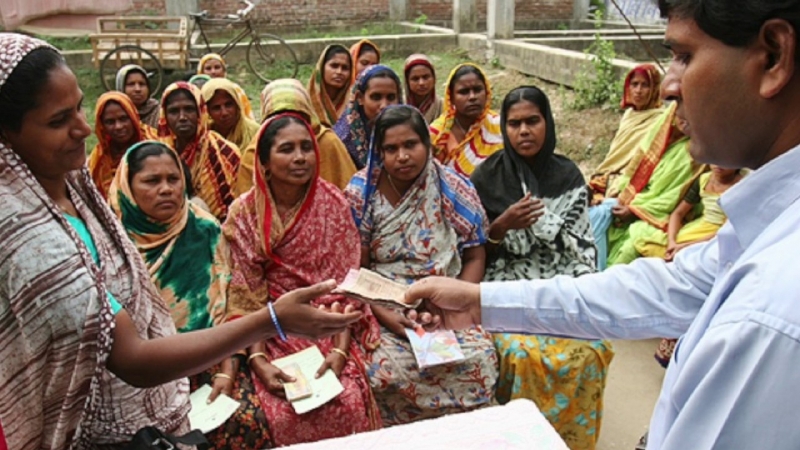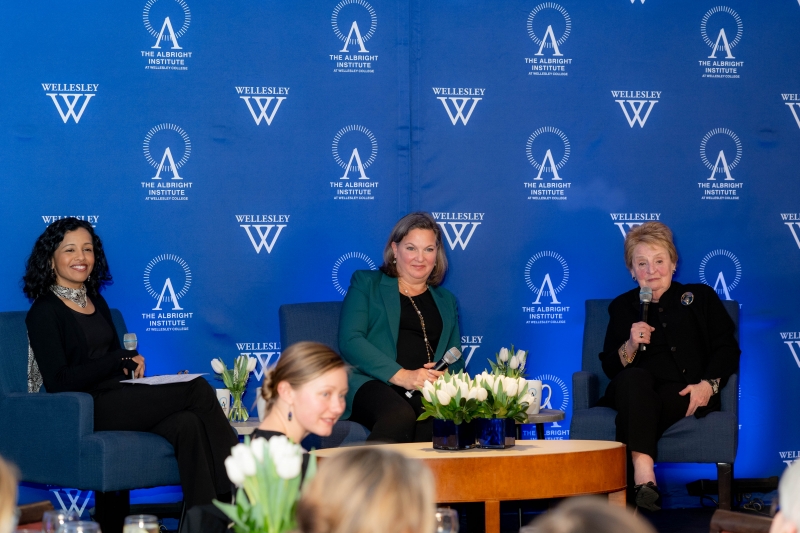Her current project uses microfinance as a window into newly dominant anti-poverty practices that merge profit motivations with the social ones, shining a bright light on how gendered labor and class inequalities shape the globally stretched microfinance industry. Starting with clients of for-profit microfinance institutions in India, Radhakrishnan “traces up” a set of transnational linkages between the U.S. and India, including loan officers, “liaisons” between U.S.-based and Indian microfinance institutions (MFIs), peer-to-peer lenders on kiva.org and wealthy impact investors.
Radhakrishnan’s book, Appropriately Indian: Gender and Culture in a Transnational Class (Duke University Press 2011) is a multi-sited ethnographic examination of transnational Indian IT workers, and argues that gendered arrangements within educated, upwardly mobile IT families give this elite group disproportionate power in defining what it means to be Indian in the global economy. Prior to this book, her research examined the cultural politics of post-apartheid South Africa, based on extensive research with South African Indian communities in Durban and its surrounding townships.


